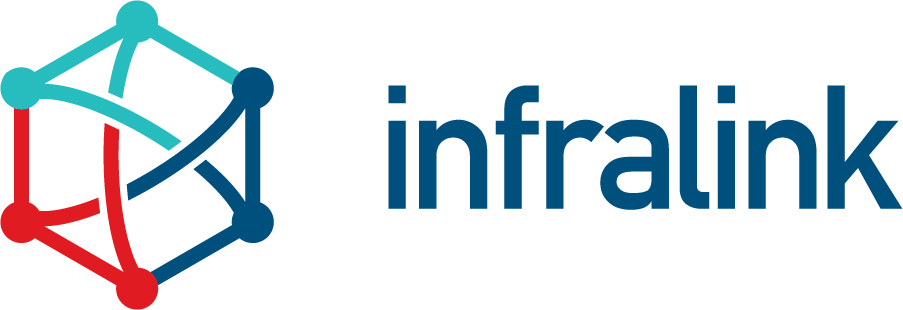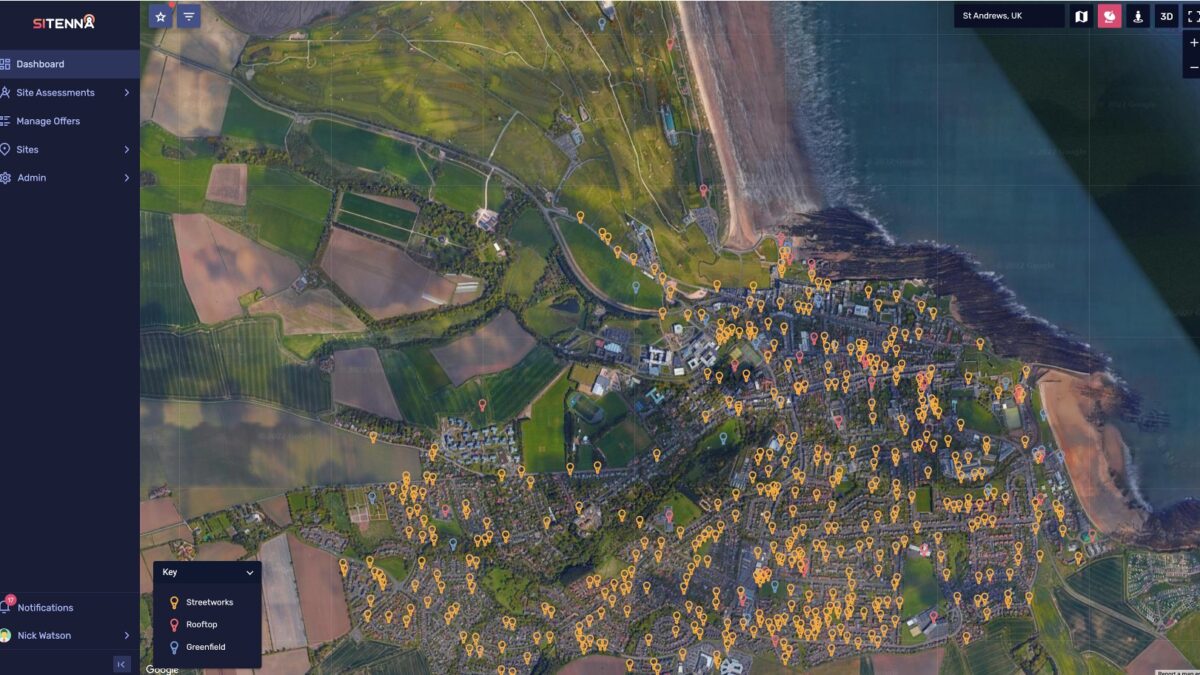We hear constantly that we are in the midst of a data explosion. What does that mean and what exactly is data?
To me data covers facts, details, features, specifics: inputs that will help determine an action. And if you view data through this lens, data is no longer a niche area reserved for analysts and technical people. It’s something all of us can collate, share, use and even need, to make better decisions, have more inclusive outcomes and improve all our lives.
In Scotland, we have amazing data-sets about our people, our places and our economy that are already in existence and can be reused, built upon and repurposed.
By using this raw material and processing it, organising it and structuring it to provide context and meaning, we then create processed data. Combine this with knowledge and we’re on fire.
Knowledge is the element, coupled with authority and capacity that results in actions. But I think one more stage is required.
You need engagement with others to take the processed data and the knowledge and make things happen in the real world. Sitting by yourself with all that great processed data and knowledge won’t change anything. Through working with others and using processed data and knowledge as your starting points, you can begin to evolve the world around you.
Like the animals Darwin studied, we are constantly evolving, not only to the physical world but in particular, the digital world around us too. And now it is time for the mobile telecoms world to evolve in how it engages with the public sector.
Infralink-Exchange is a project led by infrastructure experts, the Scottish Futures Trust, that aims to improve engagement between the mobile industry and the Scottish public sector, utilising tools that build-off existing approaches and are a “balanced” starting point for negotiation and discussion that can be applied right across Scotland.
In a live pilot project, Infralink-Exchange is working with the four Tay City Councils (Angus, Dundee, Fife and Perth & Kinross), to streamline their processes, standardise legal agreements and promote data they already hold about assets that could be used to host mobile infrastructure, making it easier, faster and cheaper for the mobile industry to install digital infrastructure on street furniture leading to improved local digital connectivity.
One of the tools developed by the project is an online platform, provided by Sitenna, that now displays data about public sector assets, planning areas and population. Having been chosen as one of eight pilot projects funded by the UK Government’s Department for Digital, Culture, Media and Sport, the Infralink-Exchange project has built an online platform that utilises existing data about land, building and street furniture to assist mobile network operators (MNOs) in their infrastructure planning, confident in the knowledge that the public sector is willing to engage.
That might sound like low hanging fruit but with a backdrop of changes in legislation, ambitious publicly funded deployment programmes and stretched resources, it is a game changer for the mobile industry.
Infralink-Exchange is building on the initial work funded by Scottish Government over the last two years to create a simple process for collecting data on public sector assets at scale, as well as ensuring the data can be maintained and updated with minimal impact on local authority resource.
This online platform can be accessed by mobile network operators to identify areas of challenging connectivity and acts as the starting point for discussions with local authorities to deploy 4G and 5G infrastructure on identified assets to accelerate enhanced digital connectivity across Scotland.
The aim is not to automate the process of negotiating agreements, but to give both parties the required information to know they are interested in engaging and to be able to focus quickly on areas that matter to both sides.
By attracting investment from businesses and accelerating mobile infrastructure deployment in Scotland, Infralink-Exchange is helping to achieve wider socio-economic benefits in-line with local and regional strategies.
Transformation or evolution does not need to be about re-writing how we do things. Some opportunities are already there and it is about how we use them and adding in the magic sauce – the engagement of people willing to do something different – the outcome of which will help improve all our lives.
Partner Content in association with Scottish Futures Trust





